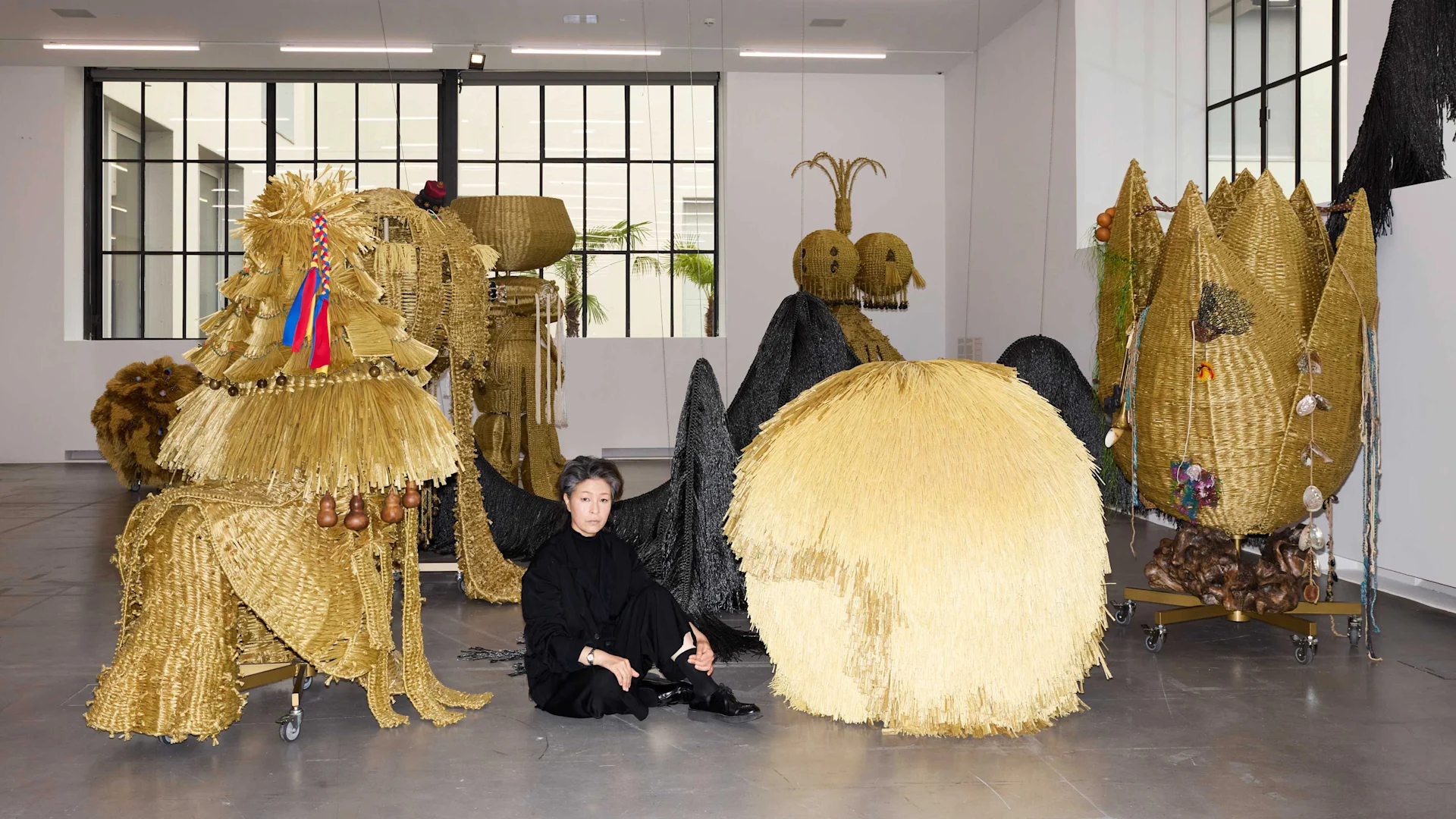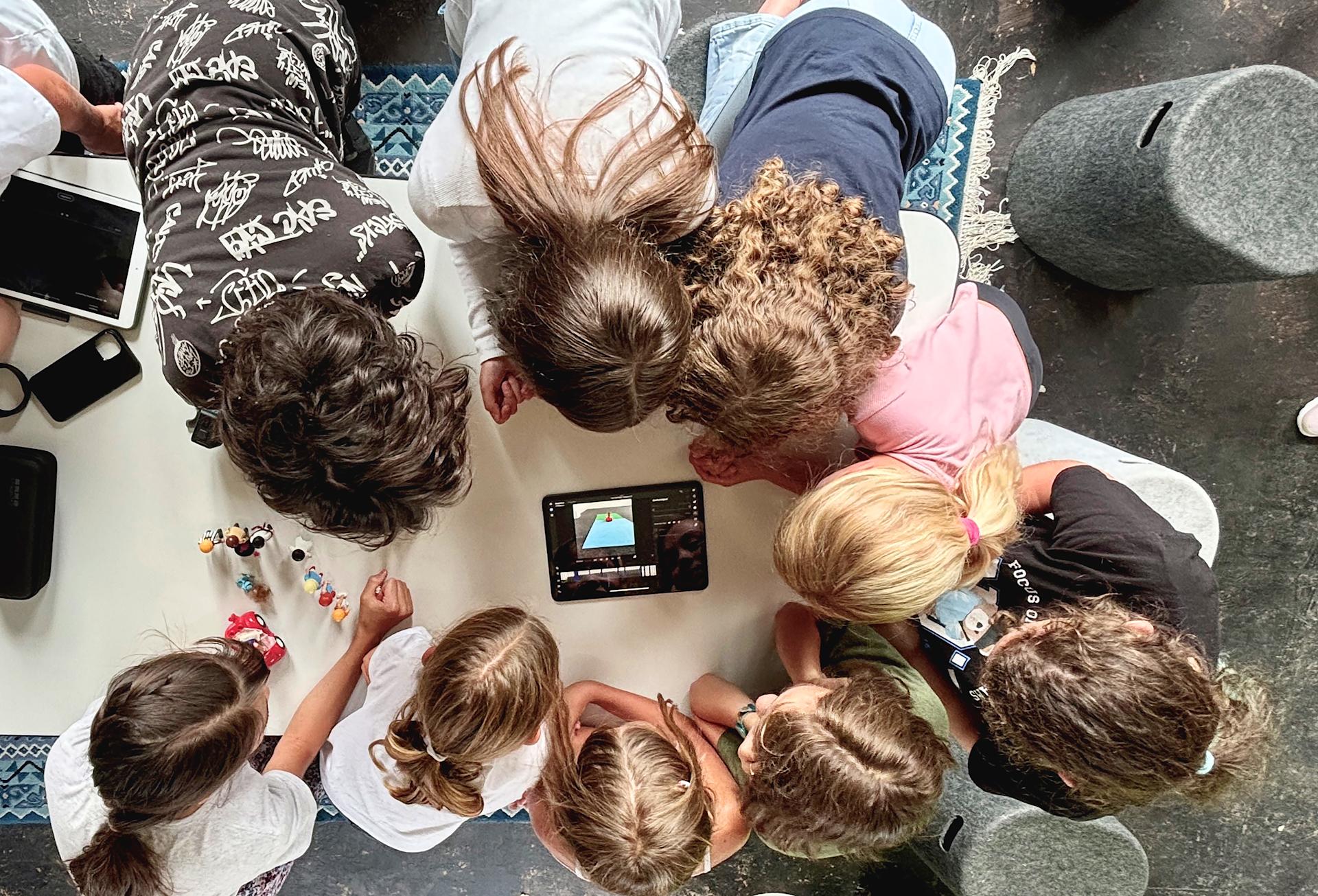
Migros Museum
World-famous artist
Korean installation artist Haegue Yang is coming to the Migros Museum in Zurich with a solo exhibition.
navigation

Work environment
New professions are constantly emerging and the world of work is evolving. Which skills must our children learn and how can we prepare them for the future?
Will Aaron become an astronaut one day? Or Mia a marine biologist? Probably not. They are much more likely to enter a profession that doesn’t even exist yet. According to the World Economic Forum (WEF), that’ll be the case for two-thirds of the children who started school this year. So what skills will our children need to be ready to take on these new jobs?
"In the light of the rapid changes in our society and fast-paced technological developments, interdisciplinary skills are becoming increasingly important," says Lulzana Musliu from Pro Juventute.
This means that, aside from subjects such as German and Maths, skills like creativity, communication, collaboration and critical thinking will also need to be promoted.
Creativity is not simply about learning to paint or play music, but rather being able to think outside the box. According to the WEF, it’s one of the most important skills in the working environment.
Allow for boredom. The best ideas often arise when there are no distractions (from digital media!). How about telling a funny story as a family? One parent and one child take turns to add a sentence.
It establishes a common understanding. Communication is the basis for all teamwork and conflict resolution.
By showing an interest and asking questions. Discussion rules: allowing everyone to have their say, hearing each other out and listening. By showing empathy, i.e. the willingness to understand other people’s viewpoints.
Rapid changes require partners who can provide knowledge and skills that you lack yourself. That means awareness of your own strengths is also a key factor in successful collaboration.
Sports clubs, orchestras and choirs foster team spirit. Within the family, board games that involve finding solutions as a team are great, for example "Magic Mountain" or "Teamwork". Community centres and organisations like Edulab, which run group-based projects, are also good options.
AI tools are increasingly replacing traditional search engines, such as Google and Yahoo. But this means that information about sources is missing. In the age of fake news, knowing how and where to check facts will be an essential skill.
Encourage children’s natural curiosity. Allow them to ask questions, and admit when you don’t know the answer. Help children to conduct research online. Have more discussions - both at school and at home.
We have been committed to society and culture for more than 80 years . Explore our wide range of activities and be inspired.